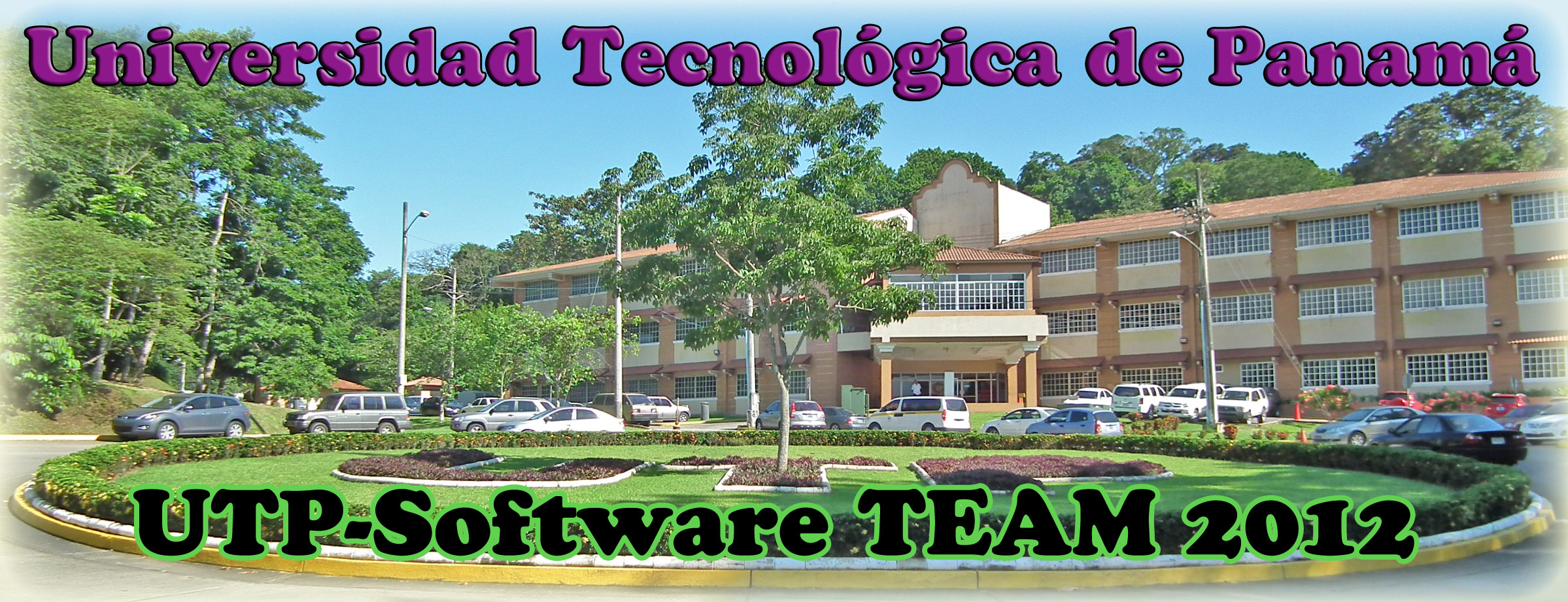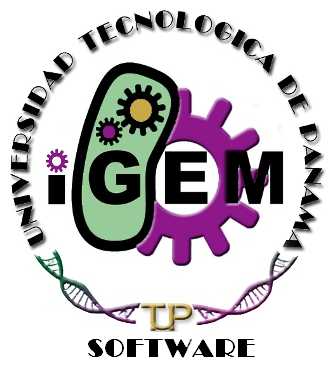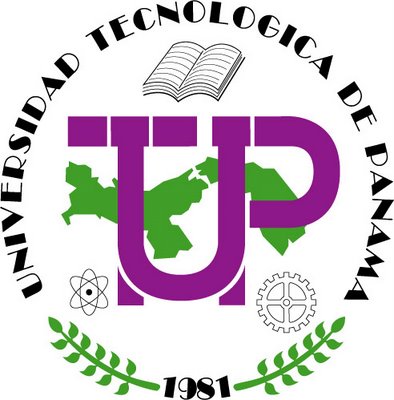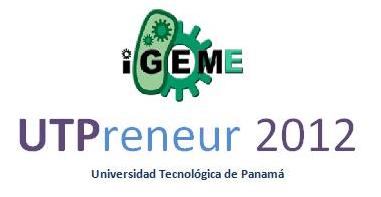Team:UTP-Software
From 2012.igem.org
(Difference between revisions)
(→Project Description) |
|||
| (33 intermediate revisions not shown) | |||
| Line 1: | Line 1: | ||
| - | {{Team:UTP-Software/ | + | {{Team:UTP-Software/utptemplate2}} |
| - | + | ||
| - | + | ||
| - | + | ||
| - | + | == Our Project Abstract<sup>1</sup> == | |
| - | + | ||
| - | + | ||
| - | + | ||
| - | < | + | <div align="justify">A program to help new IGEM teams with assembly standards selection, and site-directed mutagenesis for primers development in case of incompatibility, is this year UTP-Software team project. S<sup>2</sup>MT as we called it, applies “QuikChange Site-Directed Mutagenesis” [1] considerations for the design of mutagenic primers and gives users the resources to avoid restriction sites, making their designs compatible with assembly standards. |
| + | Our team is also interested in the development of a tool to help teams and researchers to work and study the production of bioenergy through synthetic biology. This will be done by analyzing metabolic routes from the substrates for the reactions, and then identify the responsible genes for each enzymatic reactions that could produce these biofuels. | ||
| - | + | ---- | |
| - | + | <sup>1. Updated Abstract</sup> | |
| - | + | ||
| - | + | == Our University == | |
| - | + | [[File:Utp.jpg|70px|center|link=http://www.utp.ac.pa/]] | |
| - | + | ||
| - | + | <center> '''Technological University of Panama''' </center> | |
| - | + | ||
| - | + | == Our Sister Team == | |
| - | + | [[File:Utpreneur.jpg|link=https://2012e.igem.org/Team:UTPreneur|200px|center]] | |
| - | + | ||
| + | == References == | ||
| + | [1]. Wang, W.; Malcolm, B. A. 1999. Biotechniques. 26:680-682.</div> | ||
Latest revision as of 20:58, 19 March 2013
| Home | Team & Attributions | Project | S2MT | Tutorial | Biosinergia | Notebook | Human Practices | Safety | Sponsors |
|---|
 "
"



